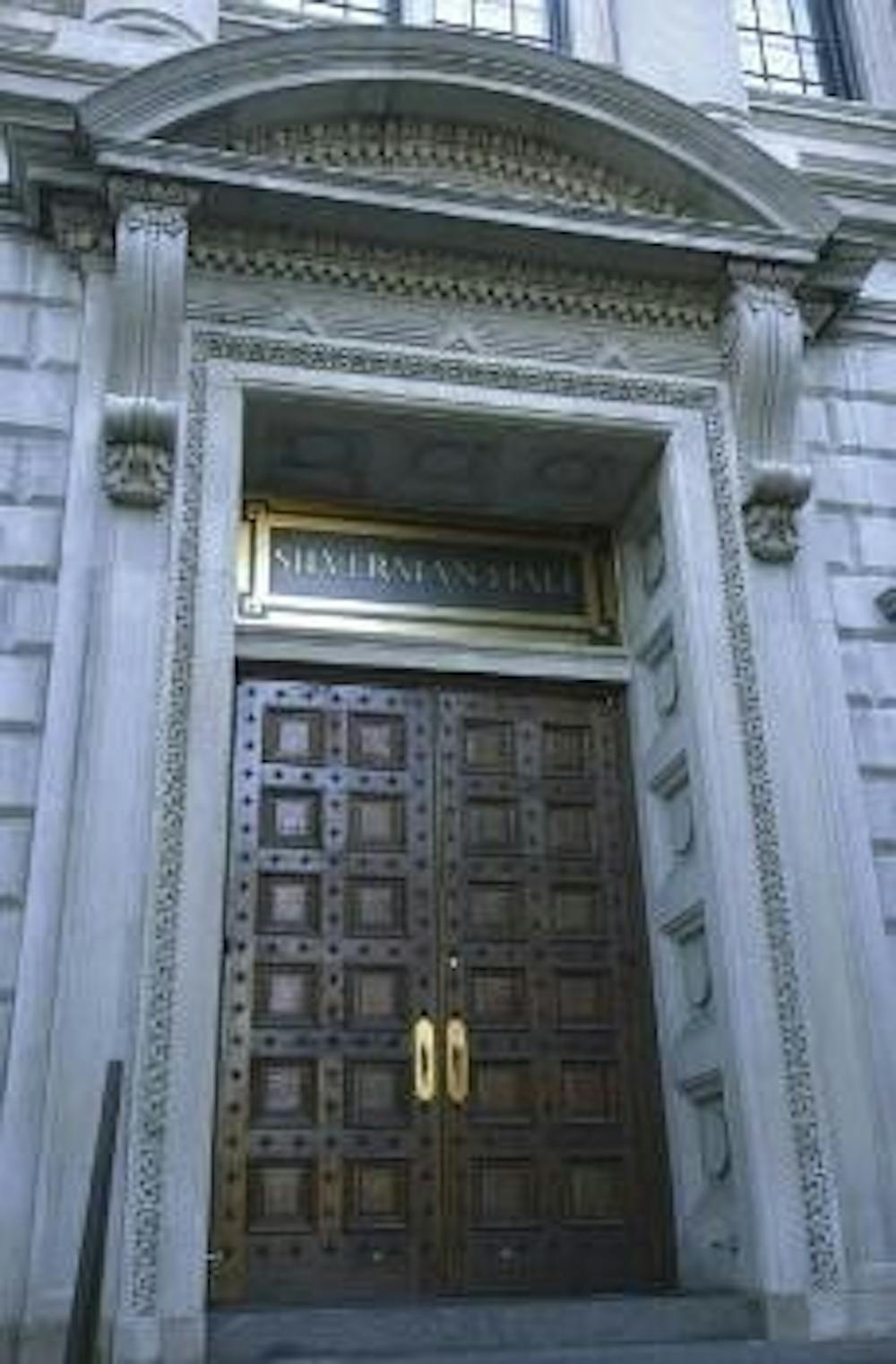Cynics who contend that lawyers are morally insensitive now have a study to back them up. A Carnegie Foundation study says that law schools have a deficit in moral and ethical training and in practical instruction - but Penn Law Dean Michael Fitts said he's not sure that Penn has any such problem. "We do as good a job as any law school in the country" in those sorts of instruction, Fitts said. The study, led by University of North Carolina at Chapel Hill law professor Judith Wegner, places much of the blame on the "case-dialogue method," a common instruction style among the law schools surveyed. The case-dialogue method teaches students to abstract facts from their original context so that they can be examined from a legal point of view. Wegner said in a press release that this method has "driven out the capacity to address . other aspects of what it is to be a lawyer and to really have a set of beliefs and professional identity." The study suggests that law schools, unlike other professional programs such as medical schools, generally fail to address student needs for training in a real professional practice. The current methodology, according to the study, conveys "the impression that lawyers are more like competitive scholars than attorneys engaged with the problems of clients." Although law schools have taken steps toward integrating legal ethics into their curricula, the study says, they "rarely pay consistent attention to the social and cultural contexts of legal institutions and the varied forms of legal practice." But, according to Fitts, Penn Law is far ahead of the game and already incorporates "a whole variety of different mechanisms" to make students aware of their moral and ethical obligations as lawyers. Among these mechanisms is the requirement for all Penn Law students to complete 70 hours of community service - a figure that over 70 percent of students exceed, Fitts said. "A sense of responsibility to a community is part of what it means to be a professional," Fitts said. He added that Penn is the first major school to adopt a community-service requirement. Third-year Penn Law student Nicholas Baker said he thinks the community-service program is a great way for students to learn moral responsibility - even if they have no interest in doing so. "Even if you don't want to get involved with the community, you're sort of forced to," Baker said. And Penn Law's current ethical education goes beyond community service, extending to a mandatory course in professional responsibility for all students, Fitts said. Students are also encouraged to enroll in classes at other University schools. For example, he said, a Law student specializing in intellectual property might take classes at the School of Engineering and Applied Sciences in order to learn more about the engineering aspect of patent law. Fitts said that such cross-enrollment teaches "lawyers how to understand what their clients need."
Study claims a lack of morals at law schools
Dean says Penn does 'as good a job as any' in ethics instruction



